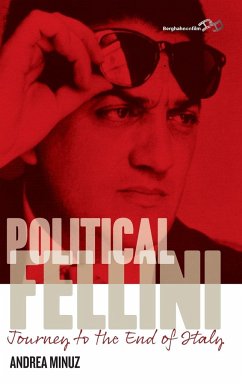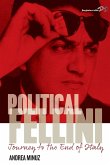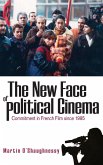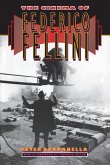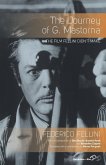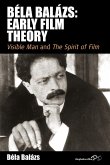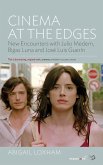Federico Fellini is often considered a disengaged filmmaker, interested in self-referential dreams and grotesquerie rather than contemporary politics. This book challenges that myth by examining the filmmaker's reception in Italy, and by exploring his films in the context of significant political debates. By conceiving Fellini's cinema as an individual expression of the nation's "mythical biography," the director's most celebrated themes and images - a nostalgia for childhood, unattainable female figures, fantasy, the circus, carnival - become symbols of Italy's traumatic modernity and perpetual adolescence.
Hinweis: Dieser Artikel kann nur an eine deutsche Lieferadresse ausgeliefert werden.
Hinweis: Dieser Artikel kann nur an eine deutsche Lieferadresse ausgeliefert werden.

